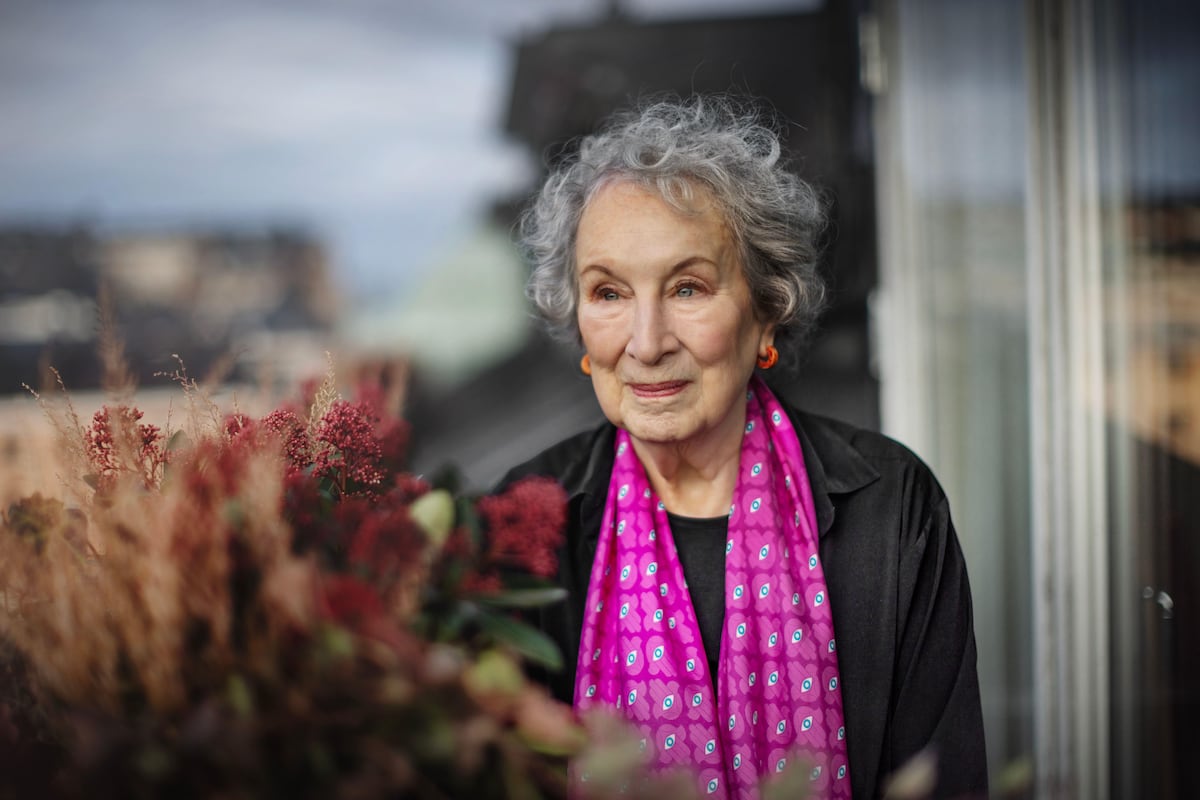
"She didn't see the point in writing them (Who wants to read the story of someone sitting at a desk wrestling with a blank page? she asks in the book; It's boring enough to die of boredom, she concludes), but she finally did. And she has titled her memoir The Book of Lives, because that is exactly what it is:"
"The book, more than 600 pages long, is also the story of a lost era: the story of the postwar generation and the evolution of social customs in the second half of the 20th century, the triumphs and tribulations of feminism, and the emergence of Canadian literature, which, thanks to her and her contemporaries, rose in the shadow of hegemonic United States."
Margaret Atwood moves through a Toronto cafe unnoticed and chooses the terrace to speak about her memoirs. She initially saw no point in writing memoirs but eventually produced The Book of Lives, a generous, witty account exceeding 600 pages. The memoir traces a wild childhood, wandering youth, poetic awakening culminating in the Joan Margarit International Poetry Prize, and a rise to celebrated novelist and prophetic voice with The Handmaid's Tale. The narrative covers widowhood after Graeme Gibson's 2019 death and frames wider change: postwar social evolution, feminist triumphs and struggles, and the emergence of Canadian literature alongside U.S. cultural dominance.
Read at english.elpais.com
Unable to calculate read time
Collection
[
|
...
]